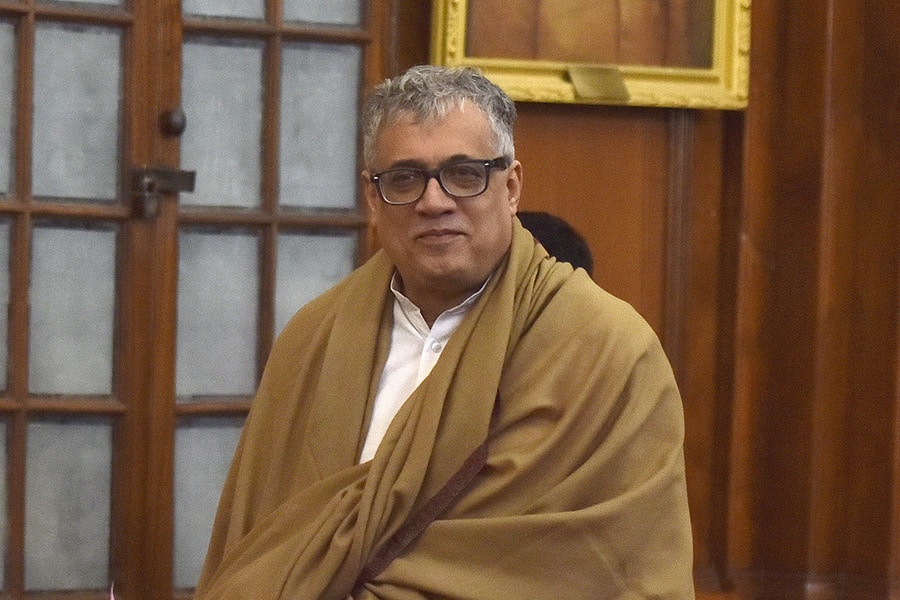
West Bengal considering state legislation to act against apps like Sulli Deals: Derek O'Brien
The TMC MP says the West Bengal government will not wait for the central government to create a law to deal with 'dehumanising' apps that target women. He also calls provisions in the Personal Data Protection Bill Orwellian in nature
 Derek O’Brien, member of the All India Trinamool Congress
Derek O’Brien, member of the All India Trinamool Congress
Image: Sonu Mehta /Hindustan Times via Getty Images
Derek O’Brien does not mince words. Calling the move to link Aadhaar database to electoral rolls a move towards “a fascist state”, he says there could be a targeted genocide after this. And on whether the proposed legislation on privacy provides any reparative means to Muslim women targeted by the dehumanising app Sulli Deals and its clone Bulli Deals, he says he has lost all faith in the central government.
As a result, he continues, the West Bengal government—led by his party, the All India Trinamool Congress (TMC)—is considering a state-level legislation to deal with such events.
In an interview with Forbes India, O’Brien decried the Narendra Modi government for destroying all democratic institutions. A member of the Joint Parliamentary Committee (JPC) that deliberated upon the Data Protection Bill, and a former member of the Standing Committee on Information Technology, he says that Clause 35 of the proposed bill is a “bogey” that renders it toothless. “Nobody should be exempt,” he says.








